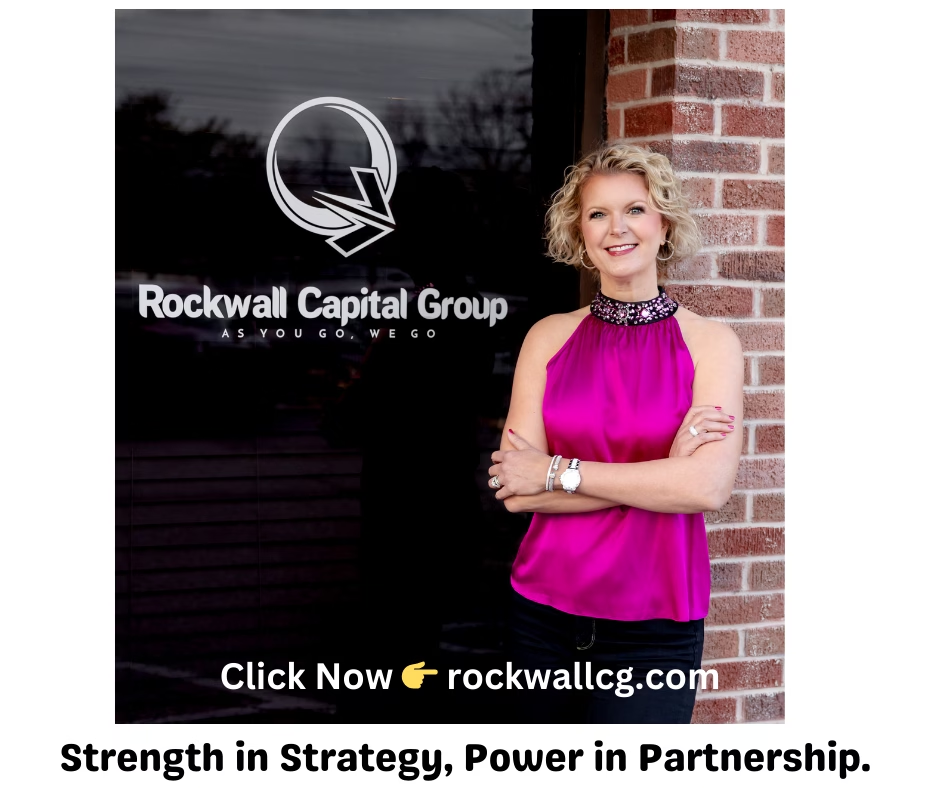Rockwall Voices Op-Ed
In 2024, the absence of presidential endorsements from several major newspapers marks a striking departure from American journalistic tradition. The Washington Post, Los Angeles Times, and over 200 Gannett-owned papers, including USA Today, chose not to endorse a candidate— a significant shift given their historic practice of supporting presidential nominees, often leaning toward the Democratic Party.
A Brief History of Political Endorsements
Historically, American newspapers have not shied away from expressing political preferences. In the 19th century, many papers were openly partisan, serving as mouthpieces for political parties. Over time, journalism sought to embrace objectivity, but endorsements remained a staple of editorial boards. This tradition persisted even as media organizations faced increasing scrutiny over bias, with endorsements seen as expressions of civic responsibility.
The past 20 years have seen a gradual reevaluation of this role, driven by growing political polarization and declining trust in media. The 2020 election however prompted many editorial boards to reconsider their stance on neutrality, with some papers choosing to endorse Joe Biden or explicitly oppose Donald Trump.
2024: A Turning Point
The 2024 election marks a notable break from this pattern, with some of the most influential papers choosing to refrain from endorsing any candidate. Owners like Jeff Bezos (Washington Post) and Patrick Soon-Shiong (LA Times) argued that this decision reflects a commitment to objectivity, allowing readers to form their own opinions based on facts rather than editorial guidance. Meanwhile, Gannett justified its choice by emphasizing a focus on local journalism and reducing perceived partisanship across its publications
Critics, however, view these non-endorsements as a problematic retreat in a high-stakes election year. The absence of clear guidance from these outlets could leave readers feeling adrift. Even more concerning, some suggest that the decision could be read as a subtle critique of Kamala Harris, effectively reflecting doubts about her candidacy.
Natural Evolution or Crisis of Confidence?
The current shift raises two divergent interpretations:
Natural Evolution Toward Neutrality:
One perspective views the decision as part of a broader effort to restore trust in journalism. By abstaining from endorsements, newspapers may hope to reduce accusations of partisanship and reinforce their credibility. This approach aligns with a growing demand for fact-based reporting that empowers voters to make independent decisions. It reflects a belief that newspapers should act as neutral arbiters of information rather than as participants in political battles.
Crisis of Credibility:
Conversely, some see this as an abdication of responsibility in a critical election. In times of intense political polarization, the absence of endorsements could exacerbate confusion among readers, especially given that newspapers have long served as sources of guidance. Critics argue the refusal to endorse Harris, a candidate many of these same papers supported for vice president, could be perceived as a lack of confidence in her leadership, rather than as an embrace of neutrality
A Question for the Reader
The shift in endorsements is undoubtedly significant, marking a departure from over two centuries of tradition. Whether it represents a necessary evolution in journalism’s role or a crisis of confidence amidst polarized politics remains an open question. As readers grapple with this change, they must consider whether it represents a step toward a more authentic, non-partisan media, or a subtle yet significant ‘silent’ commentary.
The answer may ultimately define the future role of the American press in shaping the democratic process.
About the Author:
David Vega is the founder and CEO of Rockwall Capital Group. With over 25 years of experience in the financial services industry and a track record in leadership roles involving turnarounds, startups, and business exits, David brings strategic insights that have helped businesses thrive. An active philanthropist, David serves on non-profit boards and supports charitable initiatives in his community. He is passionate about empowering small businesses and fostering innovation to drive economic growth.


























